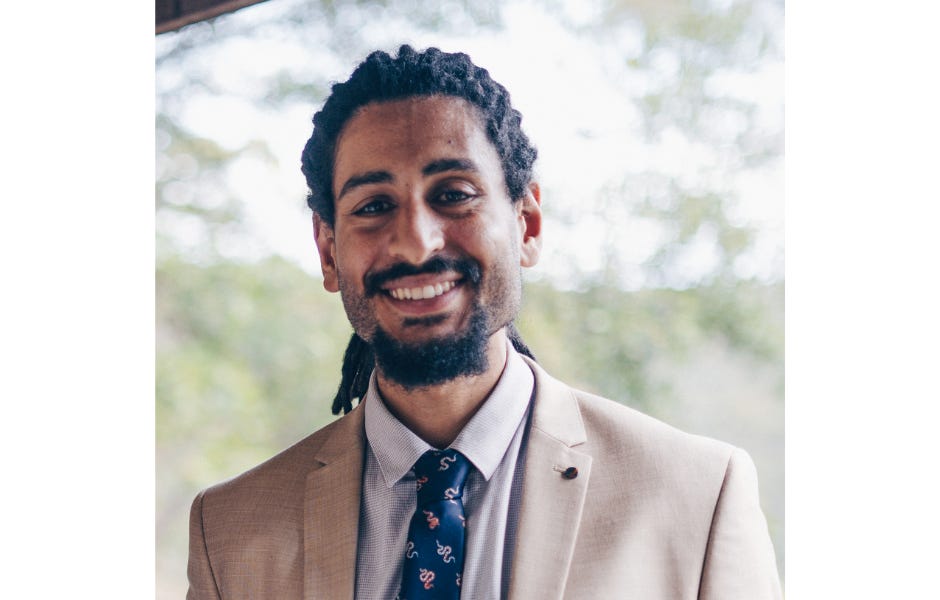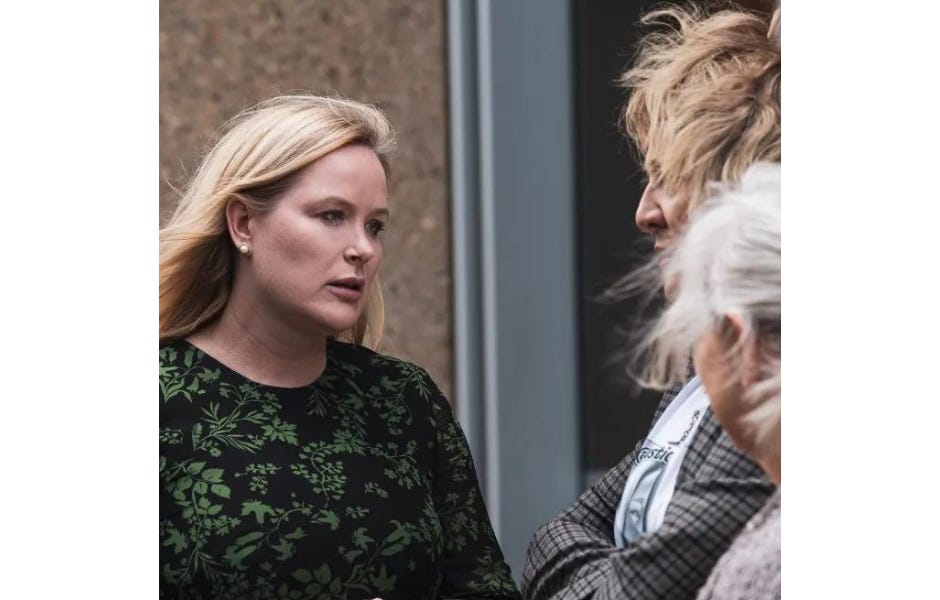The Department of Child Protection (DCP) must pay compensation and medical expenses to a youth worker who developed pericarditis after getting a Covid booster under a workplace vaccination directive, the South Australian Employment Tribunal has ruled.
In a decision handed down on 15 January 2024, the Tribunal determined that Daniel Shepherd’s employment was "a significant contributing cause" to his injury, which has since rendered him incapable of performing his role at work.
Shepherd got a Covid booster in February 2022 as a requirement for his ongoing employment with the DCP. The DCP admitted that Shepherd’s pericarditis had been caused by the booster, but denied responsibility for the injury, arguing that it did not arise from Shepherd’s employment, but from a lawful State Government Public Health Order (PHO), issued under the Emergency Management Act 2004 (EMA).
However, the Tribunal rejected the DCP’s argument, deciding that because the injury arose as a result of both the state-directed vaccination mandate and his employment, Mr Shepherd was entitled to workers compensation.
“This is a good decision” says human rights lawyer Peter Fam, of Sydney law firm Maat’s Method, noting that it sets an important precedent for holding employers accountable for injuries incurred as a result of vaccination directives enforced in the workplace.
“The most significant aspect of this case, in my opinion, is that even though there was a Public Health Order in place, the Tribunal found the employer responsible anyway,” says Fam.
Many Australian employers have sought to deflect responsibility for injuries incurred under workplace Covid vaccine directives on the basis that they were simply following state government orders.
However, under workers compensation law, the workplace is liable if employment is “a significant contributing cause of the injury,” regardless of whether other factors also contributed, explains Fam.
Therefore, despite the PHO stipulating that the worker must be vaccinated as a part of his employment, “the Tribunal still found that the injury he suffered as a result of the vaccine was sufficiently related to his work and his employment for him to be compensated by the employer.”
Dr Rado Faletic, a vaccine-injured scientist and Co-Founder/Director of Covid vaccine injury support charity COVERSE, says that the Tribunal decision sends “a clear signal to employers that they have a duty of care to their employees regardless of what governments impose upon them.”
Yet, many Covid vaccine injured Australians are still falling through the cracks, says Dr Faletic.
Based on the testimonies of injured Australians who have registered their details with COVERSE, Dr Faletic says that in cases where the injuries are acknowledged by the Theraupeutic Goods Adminstration (TGA), such as myo- or pericarditis, they are more likely to win workers compensation.
However, “when it comes to people with unacknowledged diagnoses or unclear diagnoses, this is where people are struggling to get compensated,” says Dr Faletic.
Fam agrees that the fact that “there was no dispute” that Shepherd’s pericarditis injury was vaccine-related (the diagnosis was documented by two cardiologists) would have been beneficial to his case. Less common diagnoses “will be the challenge because there's still a lot of fear with doctors and medical professionals in admitting causation,” says Fam.
Dr Faletic is encouraged by the outcome, but remains highly critical of the lack of alternative pathways for Covid vaccine-injured Australians to receive support.
“For many injured Australians who have already lost a lot of money because of their injury, they just don’t have the resources to pay for lawyers to fight for compensation in the courts. Some are accepting paltry compensation offers that don’t even cover their costs because they don’t have the resources to fight it,” laments Dr Faletic.
“The only remaining recourse is to rely on the government compensation scheme, but the parameters are way too narrow,” he adds. Indeed, in the first 18 months of the Services Australia compensation scheme, only 164 out of a total of 3,160 claims had been approved, which is less than 5%.
The inadequacy of compensation options available to Australians injured by the Covid vaccines prompted Whitsundays GP, Dr Melissa McCann, to initiate a Covid vaccine injury class action, which filed in the Federal Court in April 2023, and is still taking on members.
The action seeks to hold the TGA to account for alleged, “negligence, breach of statutory duty and misfeasance in public office” in its failure to properly approve and monitor the Covid vaccines, resulting in harms to Australians.
Another class action is in development, with a member of the legal team having experience in several successful class actions on behalf of bushfire victims.
Nevertheless, Fam believes the South Australian Tribunal decision is an important step forward because, “Employers are on notice that they are liable for injuries suffered as a result of their policies and directions.”
Fam concludes, reflectively, “Sometimes corporations and government departments have to actually experience the consequences of their actions before they think twice and correct course… It's really sad that it's taking people being seriously injured and killed for that to happen.
“Cases like this will mean that employers are reluctant to implement policies enforcing medical procedures in the future, which is great, because they were never qualified to do so in the first place.”
Read next: Heart broken, still fighting: Interview with Covid vaccine-injured youth worker on his Tribunal win
*Correction 1 February 2024. An earlier version of this article stated that a member of the legal team of a prospective class action had previously brought several bushfire class actions. This has been amended to more accurately reflect that the lawyer was involved, but did not bring the actions.
To support my work, make a one-off contribution to DDU via my Kofi account and/or subscribe. Thanks!






UPDATE: A few small business owners have expressed concern at being held accountable for injuries when they themselves were coerced into implementing mandates. Coming from a family of small business owners, and having owned a small business myself, I'm sympathetic. I would point out a couple of things:
1. This case is simply an application of the existing workplace law. By imposing workplace mandates under PHOs, the state governments put business owners in a precarious legal position - either refuse to implement the mandate and risk fines and imprisonment, or implement the mandate and risk massive injury payouts. This is clearly unfair, but so is enforcing a medical procedure on staff as a requirement for their employment.
2. Business owners were essentially put in the same position as doctors and nurses. In both cases, a handful resisted, but most complied, passing the buck on to employees and patients, who bore the consequences in their own bodies, or through loss of employment. Business owners and health practitioners alike had a window of a few months to organise a resistance lobby before the mandates came into effect. Very few took such action (applause to those who did). In truth, most complied willingly, without qualms. Hopefully, seeing the legal consequences of this decision play out will compel business owners to band together and not comply next time.
3. In this particular case the DCP had sent an email, which was then followed up by a supervisor texting the employee to pressure him into booking the booster appointment and sending proof. So it was a very clear case that the employment contributed to his injury, because there were multiple instances of coercive pressure applied by the employer.
4. Though many of us Australians had houses and businesses and relationships and EVERYTHING on the line, this case is suggestive that 'I was just following orders' is not the get-out-of-jail-free card some business owners thought it would be.
5. Ideally, enough cases of this type will deter the big players, like Qantas and Woolworths and Myer and so on from jumping to enforce mandates next time. Obviously no one wants to see little mom and pop businesses taken to the cleaners over this.
What bittersweet news. I'm so sorry these battles are even necessary, as people should never have been injured to begin with. Having said that, the work Peter (Julian, and others) is (are) doing in these spaces is so, so important. And thank you for keeping us up to speed, Rebekah.